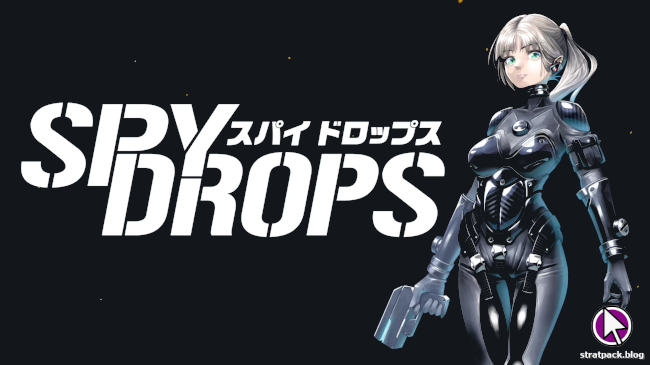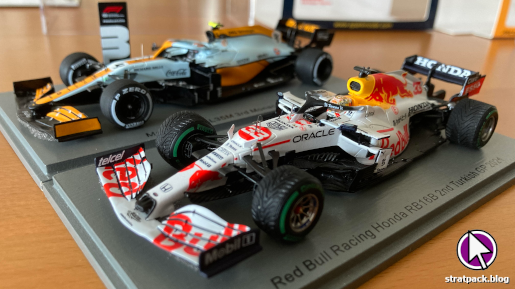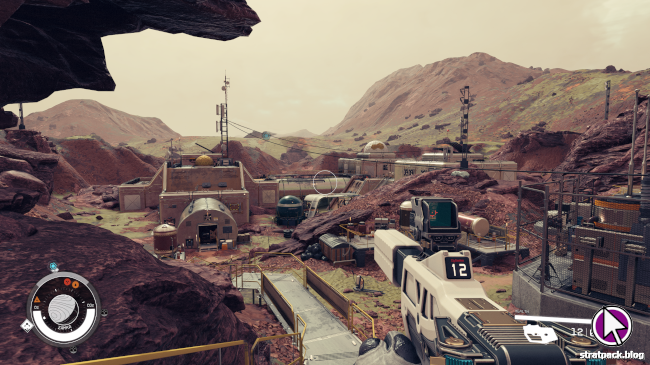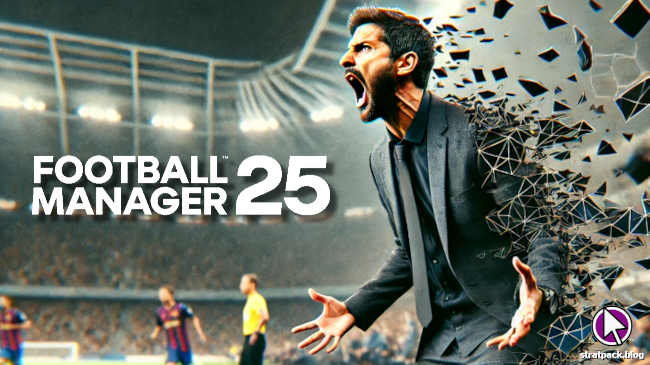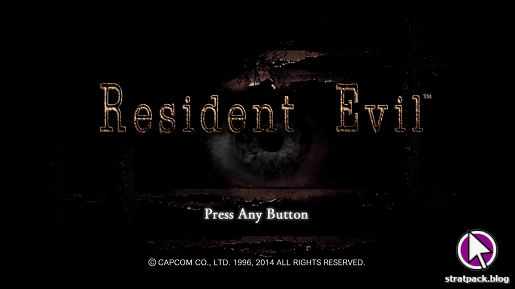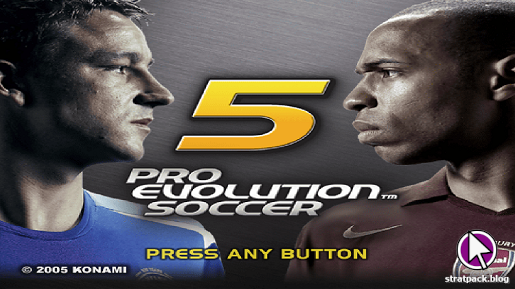
Microsoft, Activision Blizzard, and the future of gaming
This isn’t a blog about the business of video games, but there was one piece of industry news this week that was such a shock that I had to cover it - Microsoft’s $69 billion acquisition of Activision Blizzard.
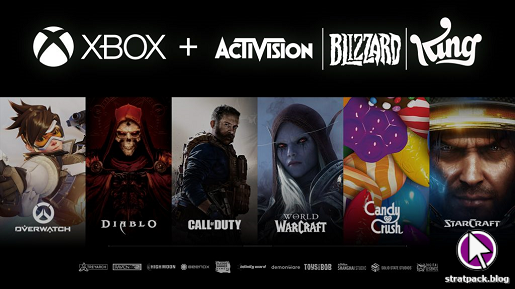
A long time coming
Really, this story started a lot earlier than that. Back in 2013, Microsoft was battered by critics following its announcement of the next-generation Xbox One console. While the Xbox 360 had won over gamers with its hefty library of acclaimed games, Microsoft’s promotional material for its new console was heavily focused on its multimedia capabilities and Kinect voice commands - an ethos embedded so deeply into the Xbox One’s design that it had an HDMI in port so users could route over video devices through it.
This, along with some of the decisions around DRM and making the console online-only, was a serious misjudgement. Gamers previously addicted to Gears of War and Halo felt abandoned in favour of a more general, casual audience. Sony siezed its opportunity, using the slogan “for the players” for the competing PlayStation 4 and pushing a slew of exclusive titles to win over the masses - Bloodborne, Uncharted 4, Spider-Man, God of War. As of mid-2021, it was reported that the PS4 had sold more than 115 million units, with the Xbox One lagging behind with sales of 50 million.
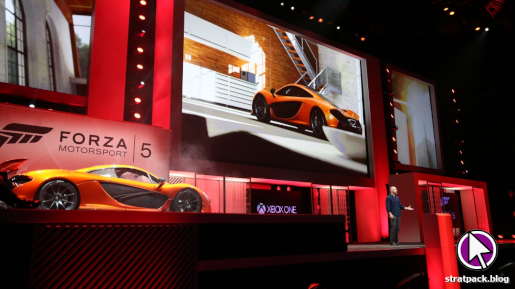
When the next generation came around in 2019, Microsoft was determined not to make the same mistake again. The new Xbox Series X was slightly more powerful than Sony’s PlayStation 5, and from the beginning it was clear that Microsoft’s focus was on the games - even the initial announcment trailer prominently featured Master Chief (Halo Infinite would shortly follow), and the Xbox Game Pass became a clear focus for the company.
More significant changes were ongoing behind the scenes. Even as far back as 2014, Microsoft had acquired Minecraft developer Mojang for $2.5 billion. Four developer acquisitions, including Forza Horizon maker Playground Games, were announced at E3 2018, followed the next year by Double Fine, famous for Psychonauts. The message was clear: Microsoft - and by extension Xbox - was all about the games now, and it would spare no expense in securing the manpower and creativity to make them.
The most significant acquisition for Xbox Game Studios came in September 2020, when it was announced Microsoft would pay $7.5 billion for ZeniMax Media, whose family of studios included Bethesda (Skyrim, Fallout 4), Arkane (Prey, Deathloop), id (Doom), and MachineGames (Wolfenstein). Shortly afterwards, it was confirmed that Bethesda’s as yet unnamed Elder Scrolls VI game would be an Xbox and PC exclusive - a massive win for Microsoft considering that its predecessor Skyrim sold more than 30 million copies.
However, this was nothing compared to what was to come.
Activision Blizzard King
If you’re a massive technology company trying to convince gamers to buy your console and subscribe to your games service, what’s the next biggest title you could add to your portfolio? You could certainly do a lot worse than industry heavyweights like Call of Duty, Warcraft, Overwatch, and even former PlayStation poster boys Crash Bandicoot and Spyro the Dragon. COD alone sells up to 30 million units per game, which is staggering when you consider that entries in the series are released on an annual basis.
Then there were the circumstances. Activision Blizzard has been under fire for nearly a year over its reported “frat boy” working culture, and in July 2021 was sued by the State of California. Amongst other accusations, the lawsuit alleged that female employees were subjected to “sexual harassment with no repercussion”. These claims were heavily covered in the gaming media and beyond, and would have dented the company’s reputation and, one would think by extension, its valuation in any potential deal.
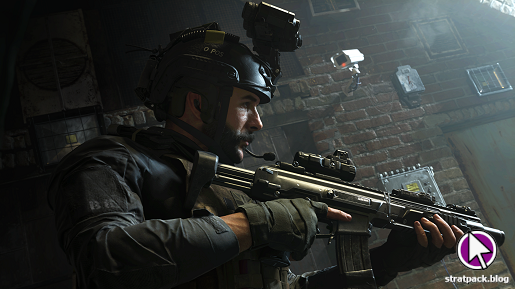
And so Microsoft pounced. On 18th January 2022, Microsoft announced that it would pay $68.7 billion cash to acquire Activision Blizzard King (which also included the developer of the mobile phenomenon Candy Crush). As far as many gamers were concerned, this came completely out of the blue, and sent shockwaves through Twitter and games news websites and blogs.
After the initial announcement came a series of comments and clarifications. Microsoft said it was aware that Activision Blizzard games were popular across many platforms and that it planned to “continue to support those communities”. Sony issued a statement to say it expected Microsoft to “abide by contractual agreements and continue to ensure Activision games are multi-platform”. And according to Bloomberg, employees at the company are optimistic that the new owner will help to bring about the cultural change required to make it a better place to work.
What next for gaming?
What does all this mean for the average gamer? First, as the console wars intensify, expect more exclusives. Fine, you might think - I’ll just buy an Xbox and guarantee that I’ll be able to play The Elder Scrolls and Call of Duty. But what if (for example) Sony decides to buy EA and fragment the market further? Then, much like how you need Netflix, Amazon Prime, and Disney+ to watch all your favourite TV series, you’d need to splash out on an Xbox and a PlayStation to play all of your favourite games.
The alternative is that Microsoft is doing all of this to bolster its Game Pass offering. Third-party publishers might not see the value of putting their brand new flagship games on the streaming service and losing sales, but if the studios become a part of Xbox then that barrier is removed.
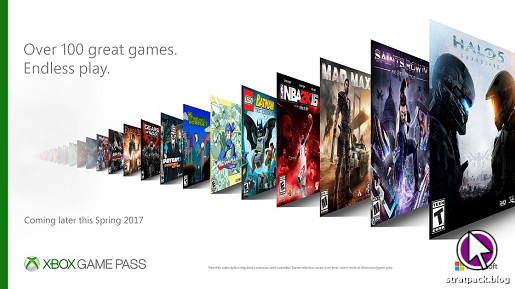
Taking this a step further, could we eventually see Microsoft leave the console market altogether? What if Game Pass was eventually its main offering, allowing you to play a huge games library across your PC or - God forbid - your PlayStation? Perhaps we’ll even reach a point where physical hardware is not required, and instead you connect a controller to your TV and all Microsoft’s games are processed in the cloud and streamed to you.
Nobody knows for sure what Microsoft’s long-term plan is except Microsoft itself. It’ll be interesting to see how all of this plays out - especially if it does come to the point where gamers are told that physical ownership is outdated, when many players take great pleasure in building a library of boxes and discs, and all the pride and security that come with it.
Only time will tell, so watch this space.




